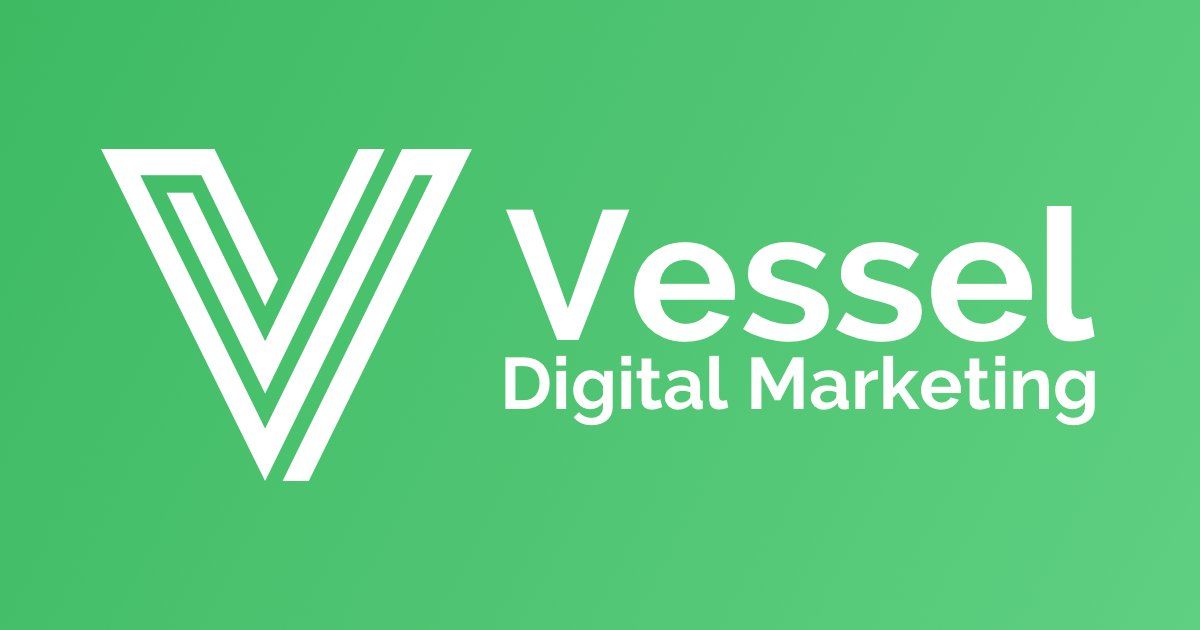Why Patience is Key to Winning at Social Media Marketing
In today's digital age, traditional marketing methods, including advertising, are being overshadowed by the dynamic world of social media marketing (SMM), where brands leverage platforms like Instagram. This innovative approach not only connects businesses with their target audience but also reshapes how they engage and build relationships. While print ads and TV spots once ruled, platforms like Facebook, Instagram, and Twitter have opened new avenues for reaching consumers directly and personally. By leveraging these platforms, brands can craft compelling narratives that resonate with their audience, driving engagement and fostering loyalty in ways that traditional mediums simply can't match.
Key Takeaways
- Social media marketing requires a solid understanding of different platforms to craft strategies that resonate with your target audience.
- Patience is key; immediate results are rare, and building a strong presence takes time.
- Different social media platforms yield results at different rates; tailor your strategy accordingly.
- Effective social media strategies are built on engaging content and understanding audience preferences.
- Regular analysis and adjustment of your social media strategy can lead to better engagement and results over time.
- Stay informed about the latest trends and algorithm changes on social media platforms to keep your strategy relevant.
Provide real value and deploy patience.
Understanding Social Media Marketing
Social Media Basics
Social media marketing stands as a powerful arm of digital marketing for brands and businesses. It leverages platforms like Facebook, Instagram, and Twitter to promote products or services. This strategy hinges on creating relevant content that resonates with the audience.
Businesses use it to engage with consumers directly. They share posts, stories, and updates that reflect their brand's voice and values, a key strategy in social marketing for brands.
Content Creation
Engaging content, rich with information, is the backbone of effective social media marketing (SMM) for brands. Brands craft posts that entertain, inform, or inspire their followers. This approach helps in building a strong online presence.
By regularly updating their social media channels, companies stay in touch with their audience. They respond to comments and messages promptly on social media platforms, enhancing customer service through social marketing strategies, also known as SMM.
Paid Advertising
Social media ads, a hub of social marketing, play a crucial role in targeting specific buyer personas, essential for customer and brand engagement. Platforms offer tools to customize campaigns based on demographics, interests, and behaviors.
This precision allows for efficient use of advertising budgets. Brands use social media marketing to reach potential customers who are more likely to be interested in their offerings.
Time and Social Media Results
Patience
Patience is crucial for marketers and client alike, when it comes to social media. It refers to the time needed to see significant results from the use of social media marketing efforts for a brand. Success does not happen overnight.
Building a strong social presence requires time. Marketers and companies must understand that immediate results are rare. Patience plays a key role in developing an impactful social media marketing strategy for brand use.
Consistent Engagement
Engagement is the backbone of social media success. Consistent interaction with followers fosters a loyal community. This loyalty translates into long-term benefits for brands.
Regular posts keep the audience engaged and informed. Whether it's through Instagram stories, Facebook ads, or Twitter updates, staying active in social media marketing is essential for your brand. It helps maintain visibility in followers' feeds.
Strategic Planning
Strategic marketing planning ensures that every post contributes to overarching brand social media goals. Aligning content with current trends boosts relevance and appeal.
Incorporating customer data into content creation tailors posts to meet audience needs better. Videos, in particular, have shown great engagement rates. They should be a key part of any content strategy, including social media marketing and brand development.
Regular updates keep the brand fresh in the minds of consumers. They also allow businesses to stay ahead of changing trends in real time through social media marketing.
Platform Differences and Result Timeliness
Competitive Analysis
Understanding the competitive landscape on various platforms is crucial. Each social media channel has its unique ecosystem, influencing how businesses should approach their marketing competitive analysis. On Twitter, the emphasis is on real-time conversations and trends. This allows for rapid feedback but requires constant engagement to stay relevant.
LinkedIn, in contrast, fosters a professional environment. Here, long-term relationship building leads to conversions over time. The data obtained from analyzing competitors, including their social media marketing strategies, can reveal opportunities for differentiation.
Demographic Reach
Platforms like Instagram attract a younger audience. This demographic often responds faster to visual content, leading to quicker brand awareness. Tailoring content to fit the platform's predominant demographics in social media marketing maximizes reach and effectiveness.
Facebook's broader age range offers a diverse audience for social media marketing but may require more effort to identify and target specific segments effectively.
Strategy Tailoring
Each social media marketing platform serves similar purposes but demands a different approach for optimal results. A one-size-fits-all strategy rarely works across multiple platforms due to varying user expectations and content consumption patterns.
For instance, leveraging Instagram Stories can generate immediate engagement because of its ephemeral nature. Conversely, publishing detailed articles on LinkedIn caters to professionals seeking in-depth insights, yielding benefits over a longer period.
Crafting Effective Social Media Strategies
Target Audience
Understanding your target audience is crucial. This knowledge shapes every part of your social media strategy. It informs the type of content you create for social media marketing, the tone of your messages, and even the timing of your posts.
Businesses must dig deep into audience demographics and preferences. They should explore what their followers like, dislike, and expect from them on social media platforms. This insight leads to more engaging content that resonates with viewers.
Content Mix
A diverse content strategy keeps followers interested. Mixing up your posts with videos, blog articles, and real-time updates can sustain engagement. Each type of content, including social media, serves a different purpose and reaches people in unique ways.
Your mix should include both promotional and informative posts. Engaging content on social media not only entertains but also educates your audience about your brand's values and offerings.
Analytics Insight
Leverage analytics to refine your approach continuously. Tools like Sprout Social provide valuable insights into which media strategies work best. They help identify high-performing content and optimal posting times.
By analyzing data, marketers can adjust their tactics to improve reach and engagement over time. Regularly reviewing feedback, including that from social media, allows for quick pivots in strategy when necessary.
Consistent Posting
Maintaining a regular posting schedule is key to staying relevant on social media. Consistency on social media helps build anticipation among followers who begin to look forward to new content at specific times.
Planning ahead with a social media posting calendar ensures a steady stream of posts. This consistency fosters stronger relationships with your audience, encouraging them to follow your brand closely.
Summary
Social media marketing isn't just about posting; it's about crafting strategies that resonate with your audience, understanding the nuances between platforms, and being patient for results. You've learned the importance of tailoring your approach to different social media sites and the reality that effective strategies take time to bear fruit. This knowledge positions you to create impactful campaigns that engage your target audience and drive your brand forward.
Now's the time to put these insights into action. Experiment with different content types on social media, track your results, and adjust your strategies as needed. Remember, success in social media marketing doesn't happen overnight, but with persistence and a keen understanding of these principles, you're well on your way to achieving your goals. Let's get started on transforming your social media presence today.
Frequently Asked Questions
What is social media marketing?
Social media marketing involves promoting products or services through social media platforms to engage with existing customers and reach new audiences, leveraging tools like posts, ads, and direct messaging.
How long does it take to see results from social media marketing?
Results can vary widely but generally start to appear within 3-6 months of consistent, strategic social media effort. Patience and persistence are key.
Are all social media platforms the same for marketing purposes?
No, each social media platform has its unique audience and content preferences. Tailoring your strategy to each platform's characteristics can enhance engagement and effectiveness.
What makes an effective social media strategy?
An effective strategy is one that's well-planned, audience-centric, consistently executed, and flexible enough to adapt to performance data. It should include clear objectives, targeted social media content, regular social media engagement, and social media metrics tracking.
How often should I post on my social media channels for optimal results?
The ideal posting frequency depends on the platform and your audience's preferences. However, consistency is crucial. For most social media platforms, 3-5 times a week is a good starting point.
Can I use the same content across different social media platforms?
While you can share similar themes or messages across social media platforms, it’s best to customize the presentation of your content to suit each platform's format and user expectations for maximum impact.
Why is engagement important in social media marketing?
Engagement measures your audience's interaction with your content. High engagement rates on social media indicate resonant content and build trust with your audience, amplifying your message and potentially increasing conversion rates.
Enjoyed this article?
Here's a few more that may interest you.

Want to know more?
Set up a [free] consultation.
We will walk through your current website and discuss the vision for your new website, as well as any other digital marketing needs you may have.


